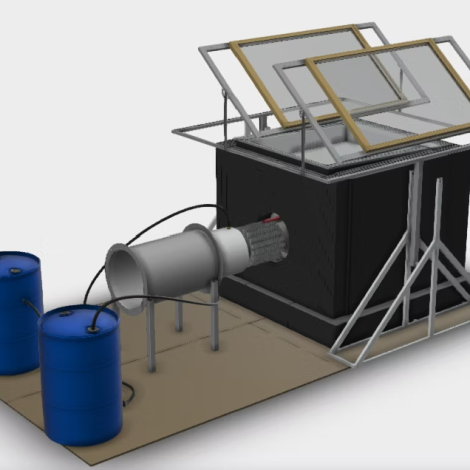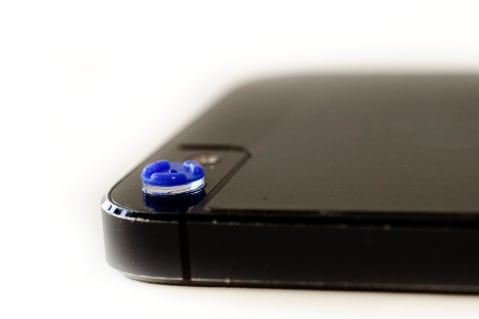A global team of Engineering for Change fellows, SeaFreight Labs and the International Rescue Committee is developing a low-cost renewable energy irrigation system destined for Syrian farms. Their design uses sunlight concentrated through Fresnel lenses, sand-based heat storage, and a Stirling engine to generate electricity for irrigation pumps—offering a potential lifeline for food security in Syria and beyond.
Syria is the first real-world destination for the innovation, where it can help farmers sustain their livelihoods amid conflict, fuel shortages, and climate stress. The technology can be used anywhere, however.
Watch the video to meet the team, see snippets of their progress on the design and hear their views on the life-changing work they are doing.
To finish the design and its deployment, this cross-disciplinary team of engineers is recruiting students to support the work.
“We can’t do this alone,” Jane Lim at IRC says. “We need people’s brain power to help us think through ideas and really help us think outside of the box. We need people who are excited. We need people who are willing to give up their space and their time and their energy to help test things out, build things with us, and co-design things.”
The payoff is in hands-on experience, mentorship and personal fulfilment.
“You get to apply your learning from classes. You can take parts and assemble them together, and you get to apply that in something that holds huge potential,” says Aiden Man, a supporting fellow for the E4C Fellowship.
Learn more about the work E4C’s Fellows are doing:
And learn more about the project at seafreightlabs.com.


This is a very exciting project. I would like to suggest an enhancement that could use some of the key components for dual purposes. I’ve been studying low-cost photobioreactors (PBRs) that can grow microalgae at scale. IBCs (Industrial Bulk Containers) are convenient vessels, but the light path for photosynthesis is not good in high volume-to-surface area systems. Flat panel & tubular types are preferred, but these are costly. Fresnel lenses are one solution. Pumps for water circulation is another essential requirement, and of course a source of remote electrical power.
So, when irrigation is not needed on a regular basis, significant components of the solar powered irrigation system could be switched over to PBR support. This synergistic sharing of resources could provide a CAPEX reduction. Microalgae can also be used as a bio-stimulant to enhance crops yields and provide other revenue streams.
Please do get in touch if you are working on this project and you would like to discuss further. Thanks, Matthew Shearn.